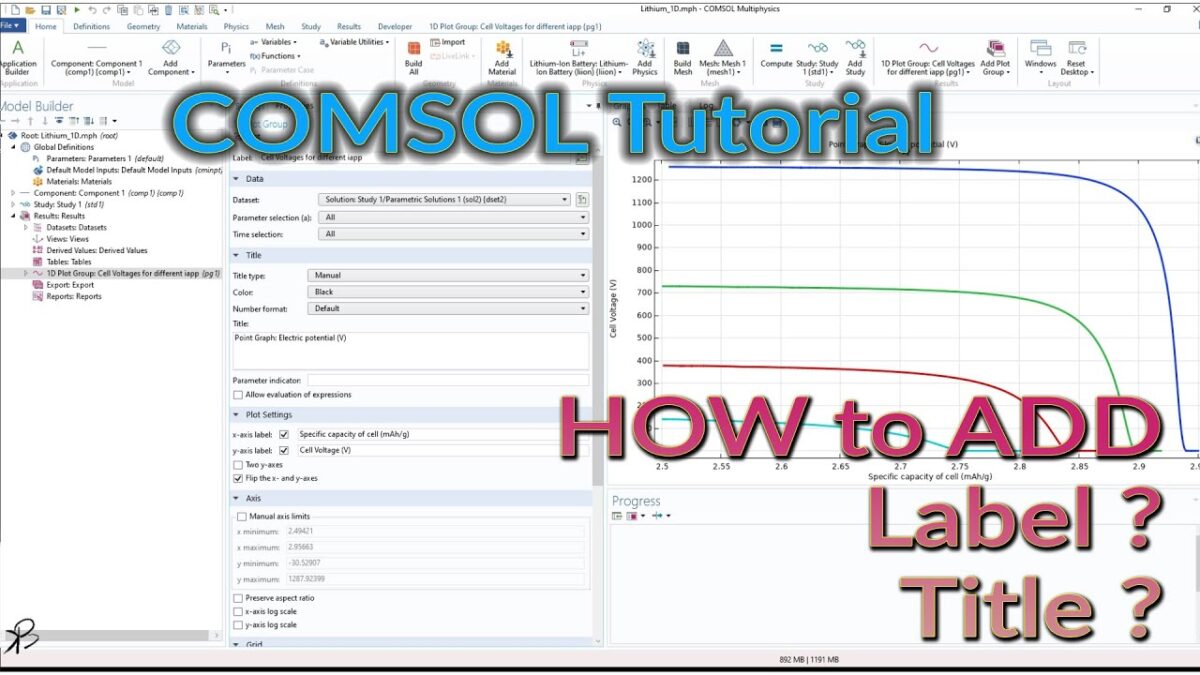When dealing with complex systems in science and engineering, we often need to calculate quantities over areas and volumes. For instance, when calculating the mass of an object with varying density or understanding the flow of heat across a surface, we need to use integrals. However, in many real-world problems, a single integral won’t do. […]










